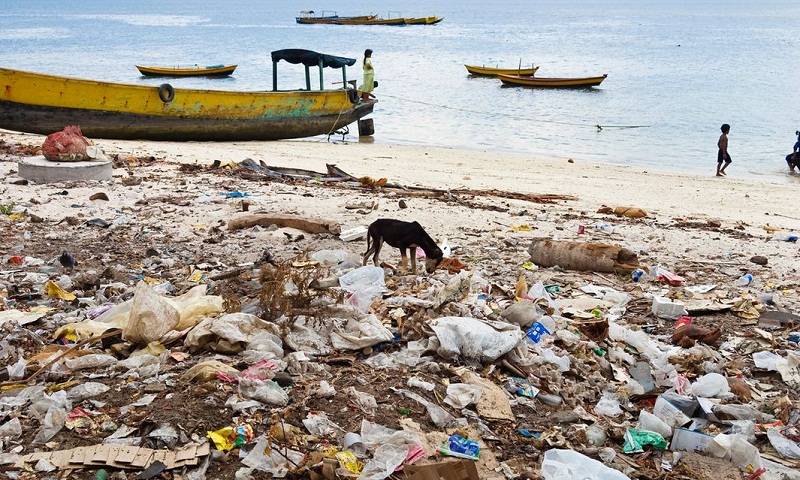Six megatrends that could alter the course of sustainable development

As the world works to achieve the sustainable development goals, a recent UN report identifies six issues that challenge ambitious targets. We are approaching two years into implementing the ambitious 2030 Agenda – a historic agreement to end poverty, combat inequalities, promote peaceful and inclusive societies, and protect the environment. The new global framework, with 17 sustainable development goals (SDGs) at its core, commits to promoting development in an integrated way – economically, socially and environmentally – in all countries, ensuring that no one is left behind. Our recently published report identifies six megatrends that will shape the trajectories of – and could potentially undermine – progress on the SDGs. In the current context of a looming retreat from multilateralism, the choices governments and societies make to manage these long-term trends will be fundamental to whether the world can get onto a pathway of sustainable development. 1 | Poverty and inequalities: Substantial progress has been achieved in multiple dimensions of poverty in the past decades, including the reduction of absolute poverty, decline in child and maternal mortality rates, and improved access to clean water and sanitation facilities. Income inequality between countries has also been falling, mainly due to the rapid growth in large developing countries(…).2 | Demography The implementation of the 2030 Agenda will be affected by demographic dynamics, including population growth, ageing, migration and urbanisation. In 2015, 12.3% of the global population reached the age of 60 or over (pdf), with rapid ageing expected to occur in Europe, North America, Asia and Latin America. In Africa, by contrast, populations are young, which provides an opportunity for a demographic dividend(…).3 | Environmental degradation and climate change: Major environmental challenges identified by the report include degradation of air and land, water scarcity, deforestation, marine pollution and a decline in biodiversity. Some of the underlying factors behind environmental degradation include population growth, polluting technologies, and overexploitation of ecosystems driven by unsustainable consumption and production patterns(..).4 | Shocks and crises: The report discusses various shocks and crises including economic and financial shocks, disasters, conflicts and disease outbreaks that have undermined the precarious livelihoods of millions of people and can affect progress towards sustainable development. Over the past decades, global forced displacement, for example, increased by 75% due to conflicts, violence and human rights violations(…).5 | Financing for development: To achieve the SDGs, development finance strategies need to go beyond filling financing gaps. While official development assistance will remain a vital source of external public finance for the poorest and most vulnerable countries, it will not be sufficient. All sources of finance – public and private, domestic and international – need to be mobilised. In particular, effective domestic resource mobilisation will be at the core (pdf) of financing sustainable development(…).6 | Technological innovations: Technology is an important means for implementing the SDGs. The biggest technological advancements over the past decades have occurred in health, education and the environment. For example, the development of new vaccines against infectious diseases is estimated to save nearly 3 million lives every year. Online courses and interactive applications expand access to education around the globe, providing new ways of learning, teaching and collaborative work. Renewable energy technologies are critical in addressing climate change and its negative impacts.
Read More:

